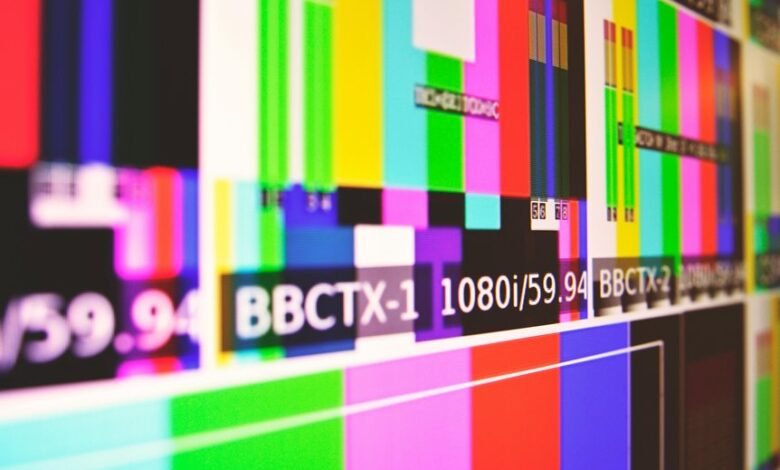Signal Verification Institute 3792248259 3511589487 3516871146 3345089126 3807742781 3896118712

The Signal Verification Institute plays a crucial role in addressing the integrity of signals in telecommunications and finance. By utilizing advanced technologies, such as machine learning and blockchain, the institute implements innovative methodologies to enhance validation processes. This commitment to accuracy not only fosters trust among users but also influences the reliability of communication. As the institute evolves to meet new challenges, the implications for future information exchange remain significant. What strategies might emerge next?
The Mission of the Signal Verification Institute
The mission of the Signal Verification Institute is to enhance the integrity and reliability of signals across various domains, including telecommunications, finance, and data analytics.
This commitment aligns with institutional goals focused on ensuring that all transmitted information remains accurate and trustworthy.
Innovative Methodologies for Signal Validation
While traditional methods of signal validation have served their purpose, emerging challenges in data integrity necessitate the development of innovative methodologies that can adapt to the complexities of modern communication systems.
Advanced signal processing techniques, including machine learning algorithms and real-time analytics, enhance validation techniques, ensuring accuracy and reliability. These methodologies offer a dynamic framework, promoting adaptability and rigor in the face of evolving data landscapes.
Technology Behind the Verification Processes
As advancements in technology continue to reshape communication networks, the underlying processes for signal verification have become increasingly sophisticated.
Utilization of blockchain technology ensures data integrity through decentralized ledgers, while data encryption provides robust security against unauthorized access.
Together, these technologies enhance the reliability of verification processes, enabling users to maintain freedom in their communications while safeguarding sensitive information from potential threats.
Impact on Communication and Information Accuracy
Advancements in signal verification technologies have profound implications for communication and the accuracy of information exchanged within networks.
Enhanced communication integrity fosters trust among users, while bolstering information reliability mitigates the spread of misinformation.
As these technologies evolve, they empower individuals to engage more freely and confidently, ultimately promoting a more informed society where the accuracy of exchanged information is prioritized and upheld.
Conclusion
In an era where misinformation spreads like wildfire, the Signal Verification Institute stands as a lighthouse amidst turbulent seas, guiding users toward reliable information. By harnessing advanced technologies and innovative methodologies, the institute not only fortifies communication integrity but also builds a foundation of trust. As it adapts to evolving challenges, its commitment to accuracy ensures that users can navigate the complex landscape of data with confidence, much like a sailor relying on a steadfast beacon to chart a safe course.





